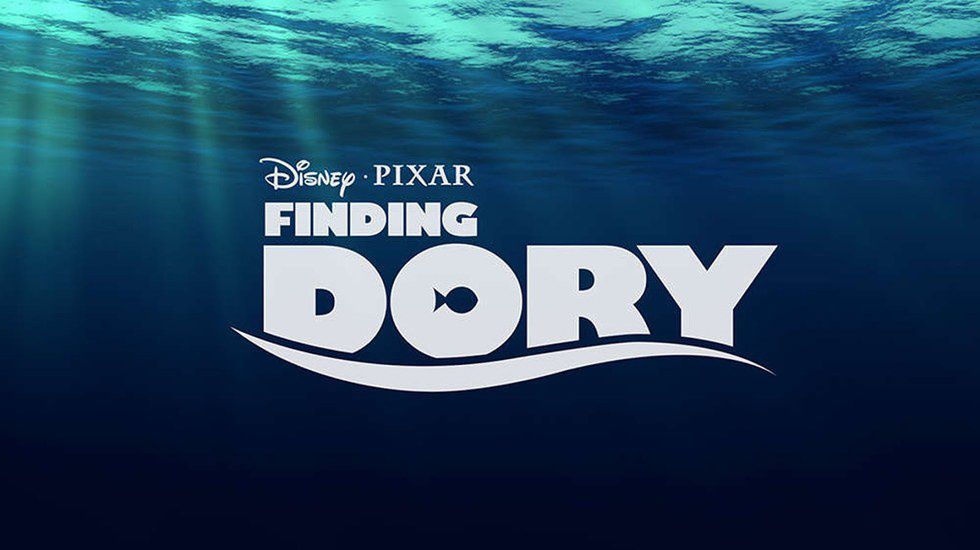Memory loss is also known as amnesia. There are two types of amnesia: retrograde and anterograde. Retrograde amnesia is the loss of memories before a certain instance. Anterograde amnesia is the inability to create new memories. According to our beloved blue tang, Dory suffers from short-term memory loss, also known as anterograde amnesia.
Now, someone who suffers from short-memory loss loses their declarative memory, or the recollection of facts, while they retain non-declarative memory, or procedural memory. This is like muscle memory, which is formed from repetition or practice. A good example of this is Henry Molaison, who, in 1953, had a lobotomy in an attempt to cure his epilepsy, but came out of the operation with anterograde amnesia. He was quite skilled at crosswords, which uses declarative memory, but greatly struggled with the clues involving events after his surgery since he was unable to make short-term memories that could develop into long-term. Every day, Molaison was given the same maze, and although he didn’t remember it, he was able to finish it faster each day, as the maze and the route was a type of procedural memory.
Dory claims she suffers from short-term memory loss since it runs in the family. While short term memory loss is not genetic, Dory does show signs of anterograde amnesia. In the beginning, Dory tells Marlin she saw a boat, but kept forgetting she was leading him to it. The boat she claimed to have seen could be the cause of the incident that gave her short term memory, but failure to remember Marlin is part of declarative memory. Also, forgetting Nemo’s name is another type of declarative memory. Dory also struggles to remember events that just occurred, such as when her and Marlin lost the mask or when they were being chased by the sharks. Both instances fall under declarative memory.
Despite her anterograde amnesia, Dory was still crucial to the quest to find Marlin’s son. First of all, Dory could read. Reading falls under non-declarative memory, and even though she forgot she knew it, even if certain words like "escape" confused her, her mind was able to retain that skill. The ability to speak whale also falls into this category. Studies have shown that mnemonic devices, techniques used to help remember something, have been beneficial for short-term memory patients. Dory’s catchphrase, "Just keep swimming," is considered to be a mnemonic device, as it reminds her how to survive.
Short-term memory loss does not sound like fun, but Dory still captures our heart with her cheerful attitude. Maybe ignorance is bliss.
Don’t forget to check out Disney’s "Finding Dory," which is in theatres June 17, 2016! Remember to bring your exit buddy!























